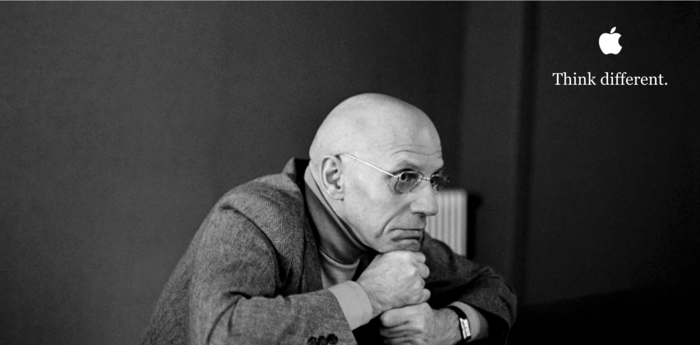Magic Paper

Last year, I quit my job to work on a project of my own. This was February of 2023. ChatGPT had come out in the fall of the previous year and I was thrilled by the possibilities of LLMs (I still am), but that’s not the whole story. The summer before, I revisited a pivotal influence of mine: Ted Nelson’s Project Xanadu. In short, Nelson had the idea that hypertext (a term he coined) should be baked into the substrate of word processing, not merely bolted on at publication time—and he pursued this project relentlessly through the formative decades of personal computing. That summer—before I got excited about LLMs—I began to see how establishing a few key primitives and nailing the bookkeeping of a word processor could unlock a very powerful workspace for text. In other words, I began to understand the possibilities that had tantalized Ted Nelson all those years.
The funny thing is, I...

